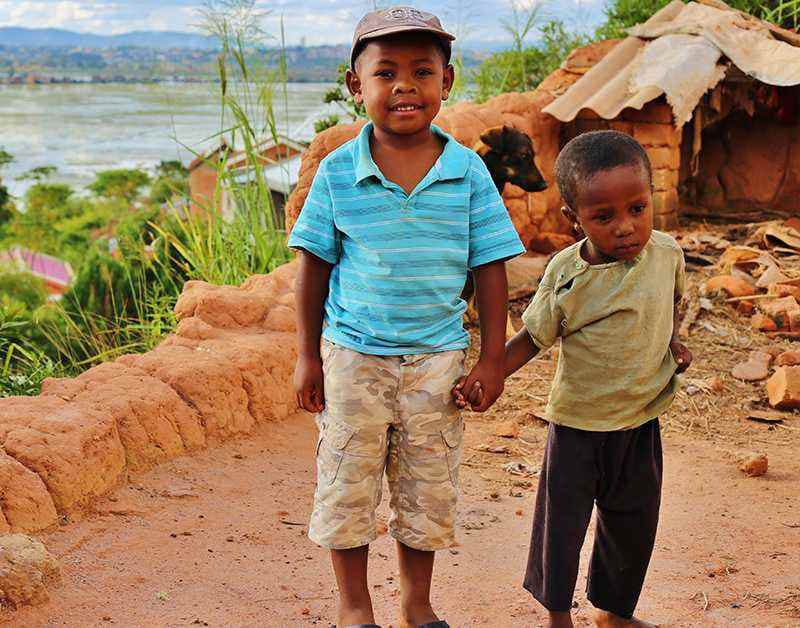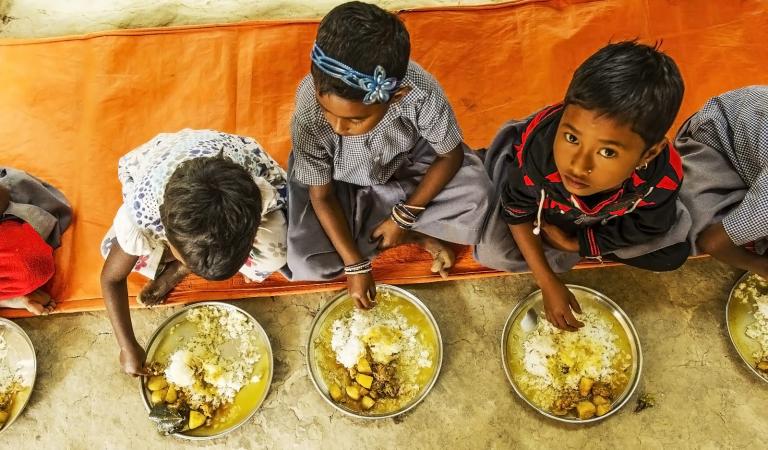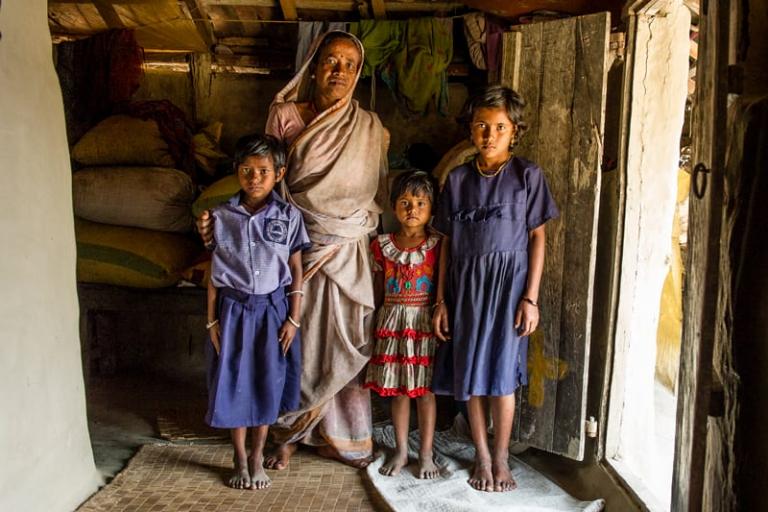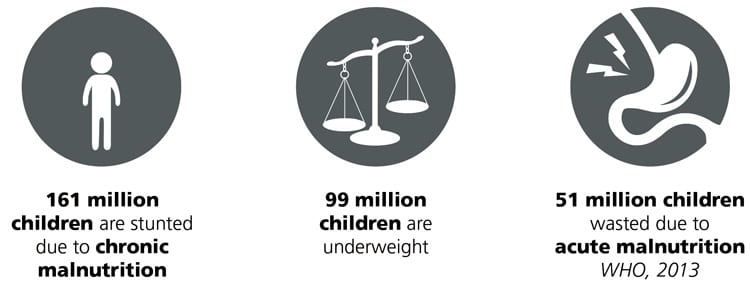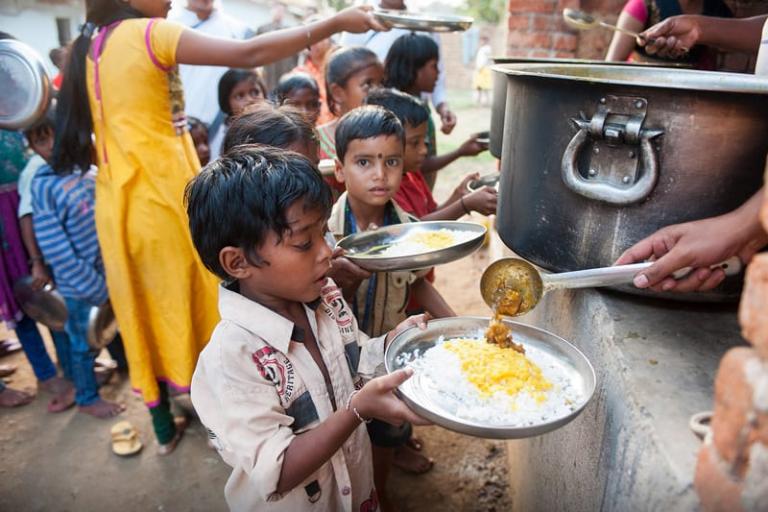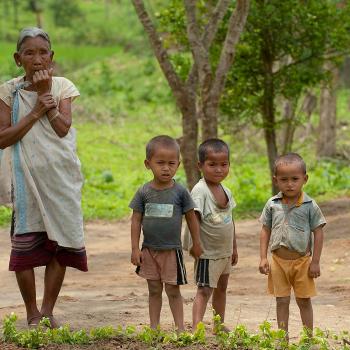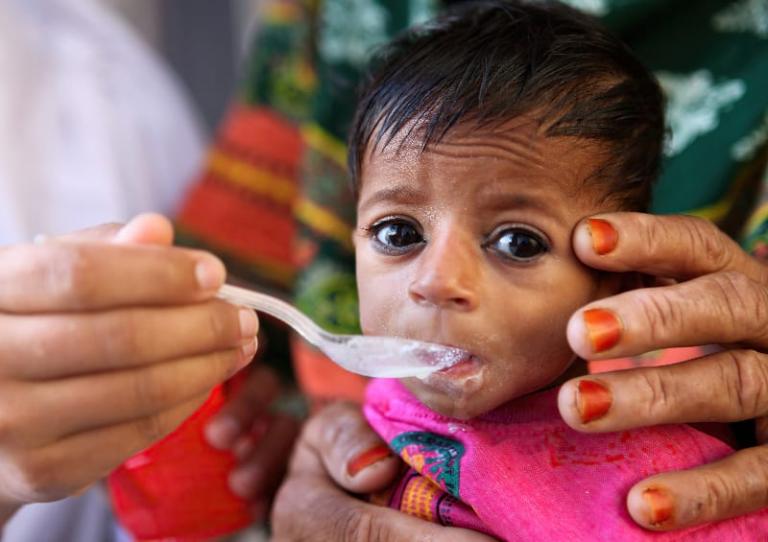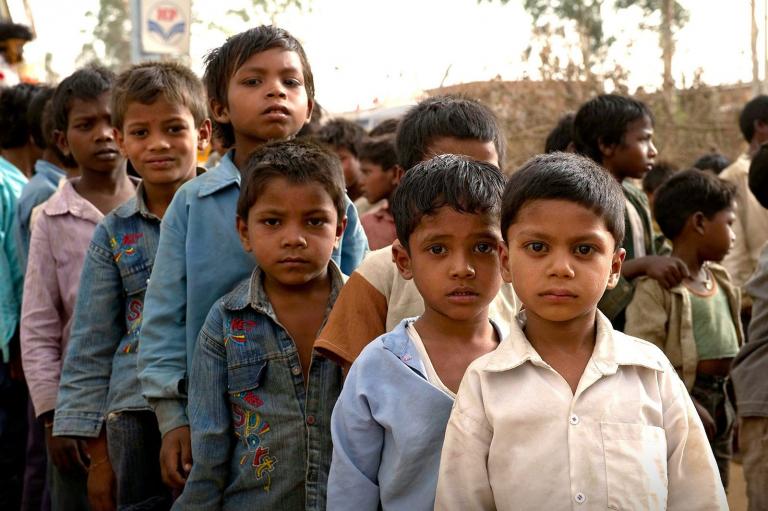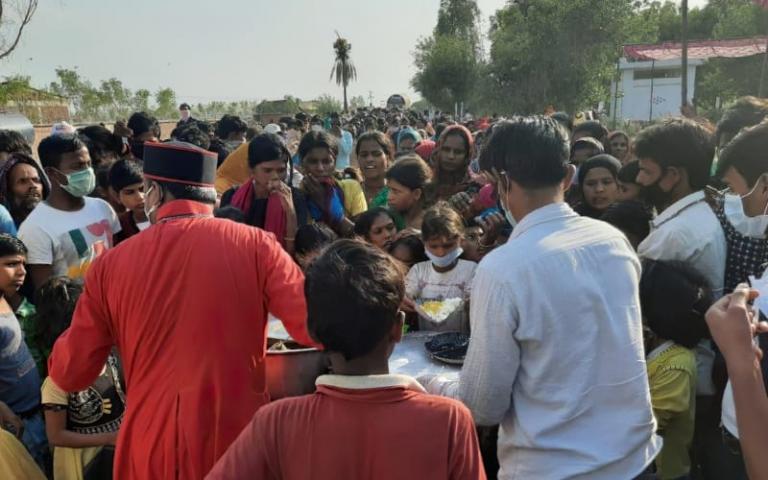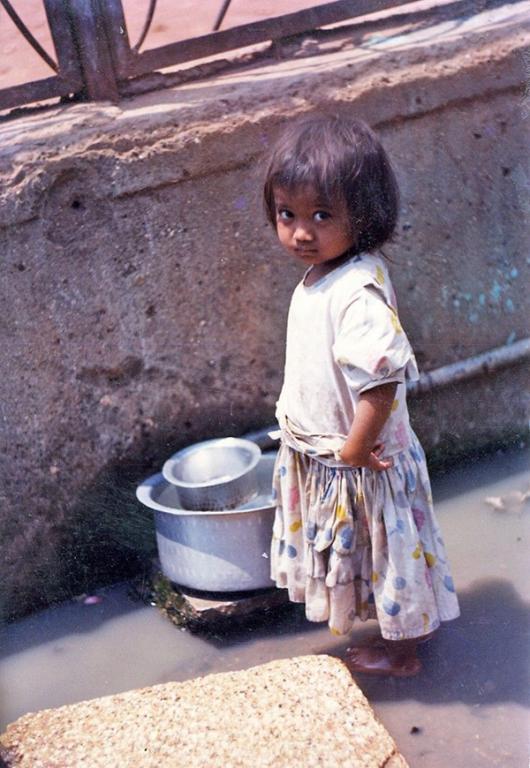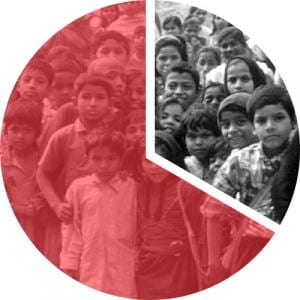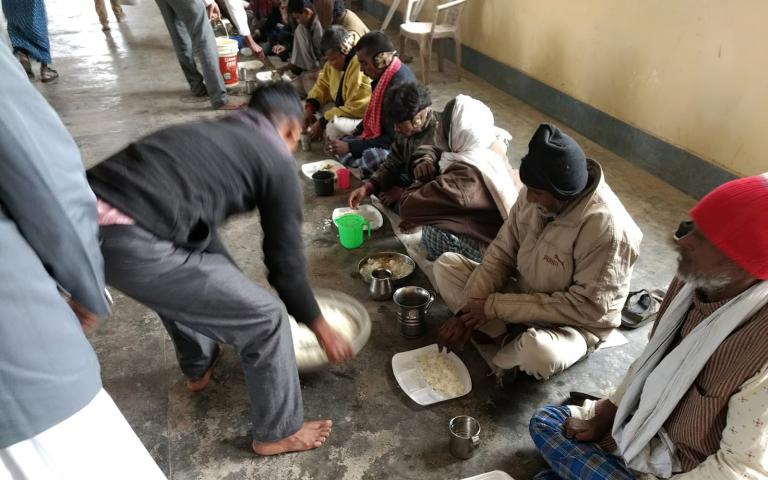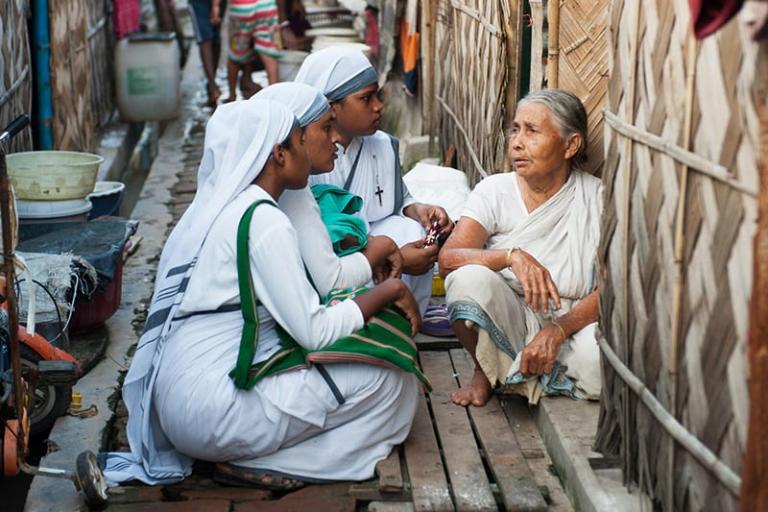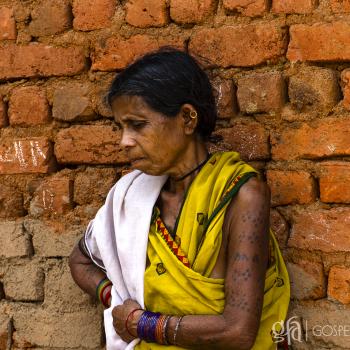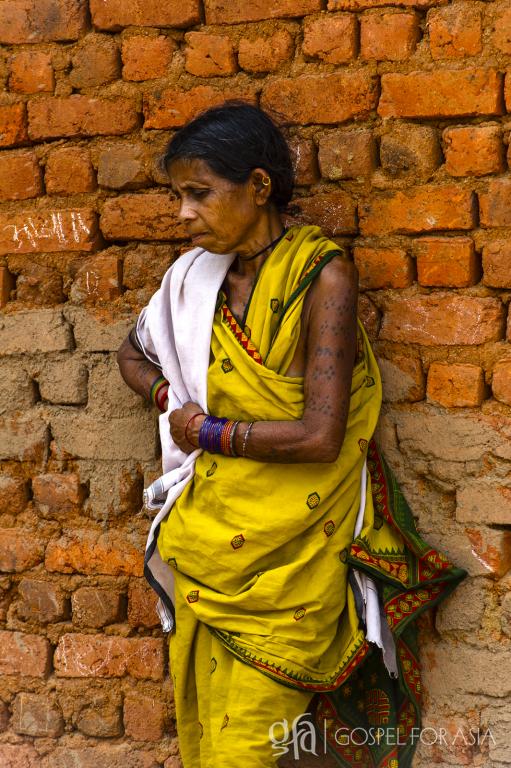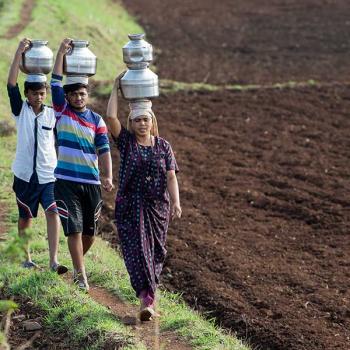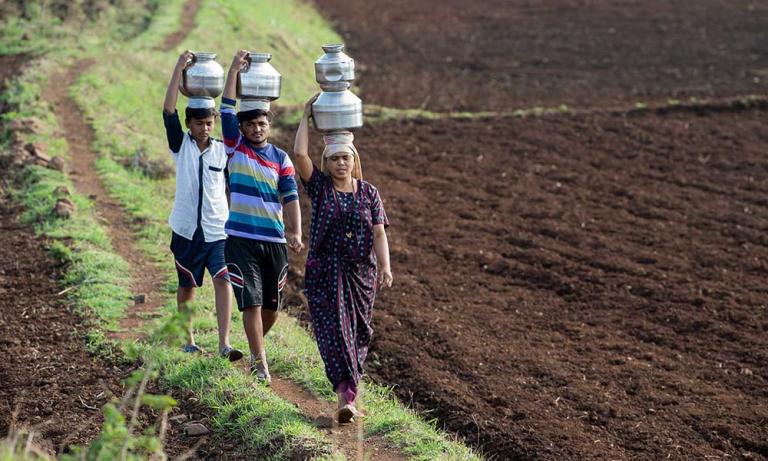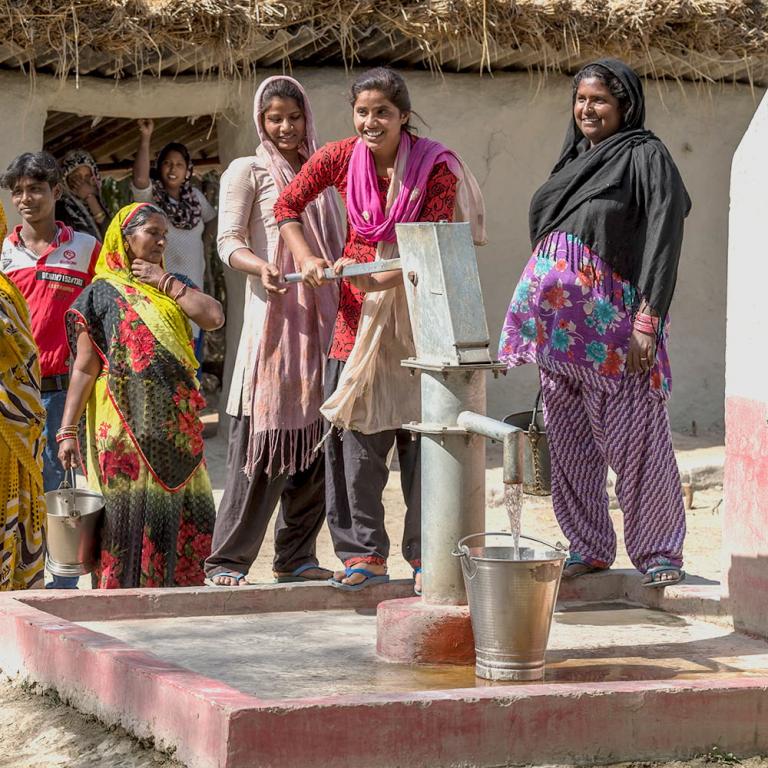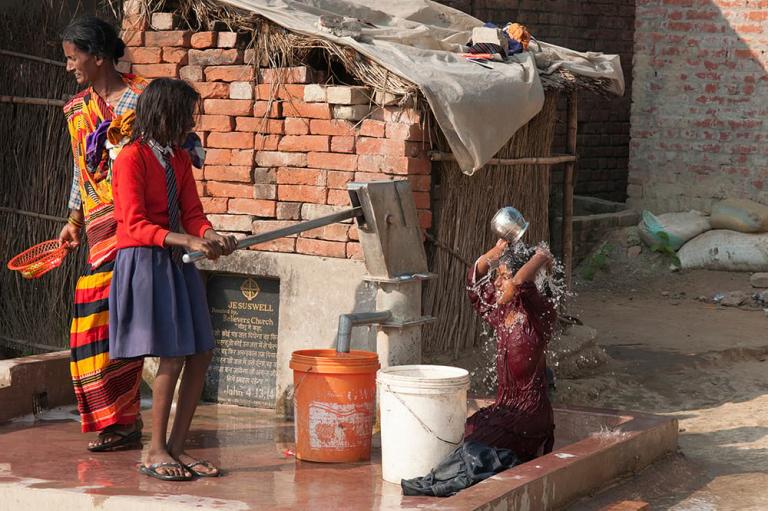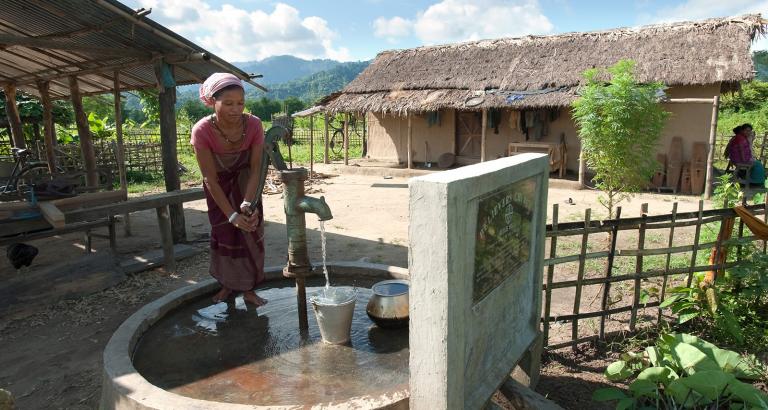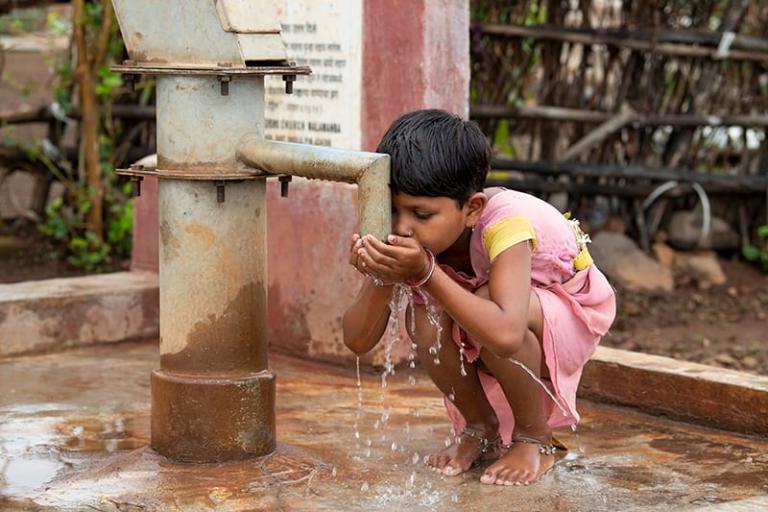WILLS POINT, TX – Gospel for Asia (GFA World), founded by KP Yohannan issued the second part of a Special Report update authored by Palmer Holt of InChrist Communications on solving the world water crisis, lasting solutions and major initiatives to defeat the age-old problem.
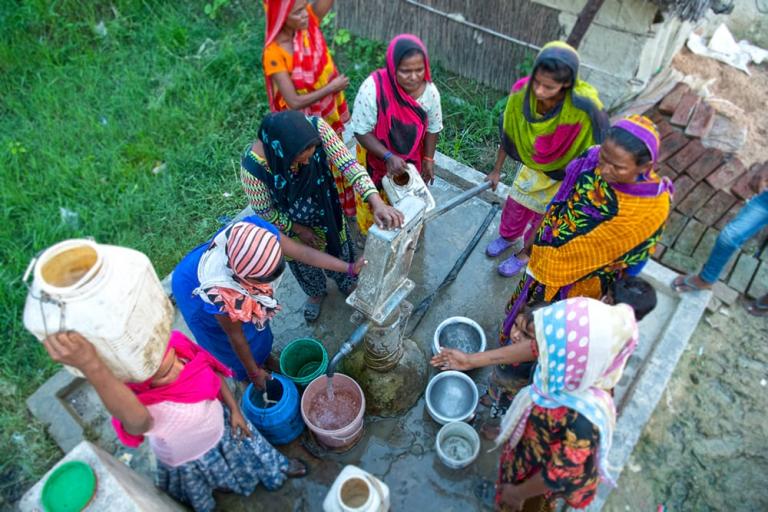
Tapping Into the World’s Largest Reservoir
In his poem “The Rime of the Ancient Mariner,” Samuel Taylor Coleridge describes a crew of thirsty sailors stranded on the ocean. One of them utters these familiar lines:
Water, water everywhere,
Nor any drop to drink.
That’s an apt description of our world, in which people are desperate for water even though it covers 71 percent of the earth’s surface. Of course, most of it is in the oceans and not drinkable. Indeed, 97.5 percent of the earth’s water is saltwater. A person who drinks too much of it will die—ironically—of dehydration.
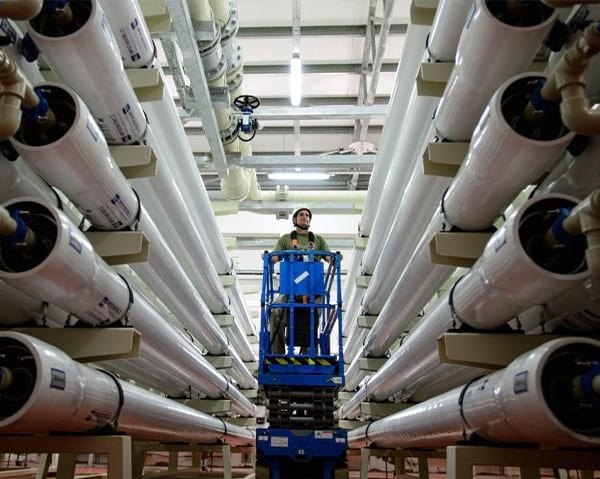
However, visionaries have long hoped that someday we could harness the oceans’ vast water reserves for human use. That dream began to come true in 1881, when the first commercial desalination plant opened on the Mediterranean island of Malta. As methods improved during the 20th century, more plants opened in Europe, the United States and, especially, the Middle East. The desert kingdom of Saudi Arabia, oil-rich but water-poor, now produces more desalinated water than any other country. The nearby United Arab Emirates derives all of its drinking water from desalination. These countries are trading what they have—oil wealth—for what they desperately need—water. But in most of the world, the process has remained too costly to be a viable option.
A dramatic change occurred in 2005 when Israel opened its mega-capacity desalination plant in the coastal city of Ashkelon. This landmark achievement drastically lowered the cost of desalination while providing 13 percent of the country’s consumer water demand. Before, the country’s main sources of fresh water had been the Sea of Galilee and the Jordan River that flows from it. But drought and overuse had depleted both resources to dangerously low levels. Israel had a strong motivation to find new, reliable sources of usable water. The Mediterranean Sea on its western border made desalination an obvious alternative.
After the success of the Ashkelon project, Israel launched another plant a few miles up the coast in Hadera in 2009. That was followed by the Sorek plant in 2013, which is currently the world’s largest desalination plant. Israel now uses desalinated water for more than half of its needs. The cost of that water—which had always been the major drawback of desalination—is now even lower. At about $30 per month per household, Israelis pay less for their water than many people in other developed countries.
There are numerous water-thirsty countries in Asia and Africa that border the oceans. They could all greatly benefit from this technology. Because desalination plants are expensive, it will be a challenge for poorer countries to develop them. But Israel has shown that desalination can be a viable, cost-effective solution.
Another country that has made effective use of desalination is China. With a population of 1.4 billion—the world’s largest—China has enormous water needs. In recent years, millions of its people have clustered in the coastal cities, straining resources to the limit. That led to an intensive push for alternative water sources. China began exploring desalination in the 1950s and now has more than 139 plants.
With the inexorable growth of industry and populations around the world, the demand for water will only increase. And given the limits inherent in other sources, the desalination option will become indispensable. Meanwhile, advances in technology are making it available to more people than ever.

Filters Make Contaminated Water Safe
In much of the world, people rely on surface water for drinking and washing. But that water often contains dangerous toxins or pathogens. In those cases, people face the difficult choice of choosing between drinking tainted water and going thirsty.
One of the most common—and deadly—symptoms of waterborne diseases is diarrhea. It kills millions of people every year, most of them in Africa and South Asia. Children, being especially vulnerable, suffer the worst. According to the Centers for Disease Control and Prevention (CDC), 2,195 children die of diarrheal diseases every day. Other waterborne illnesses include polio, tetanus, typhoid fever, cholera, dysentery and hepatitis A.
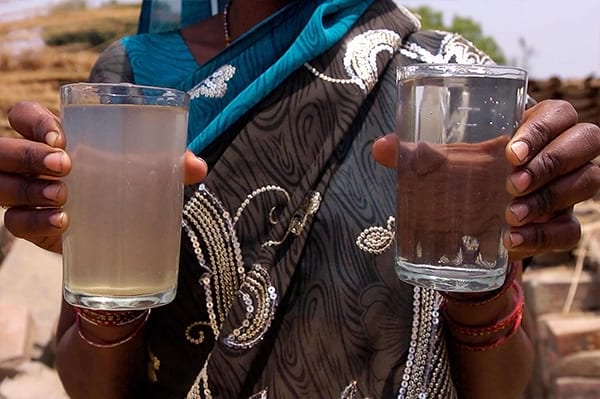
The tragedy is that such diseases can be easy to prevent. One study showed that the incidence of diarrhea can be reduced by 40 percent if people simply wash their hands regularly with soap.
Another effective weapon against disease is amazingly simple and affordable: a BioSand water filter, which costs just $30 and is small and portable enough to fit in any home. It removes most of the contaminants in water, making it 98 percent pure. With just one BioSand water filter, an entire family can enjoy clean water for as long as 20 years. Gospel for Asia (GFA) has been partnering to provide BioSand water filters to Asian families since 2008, distributing more than 73,500 so far. And the results have been dramatic.
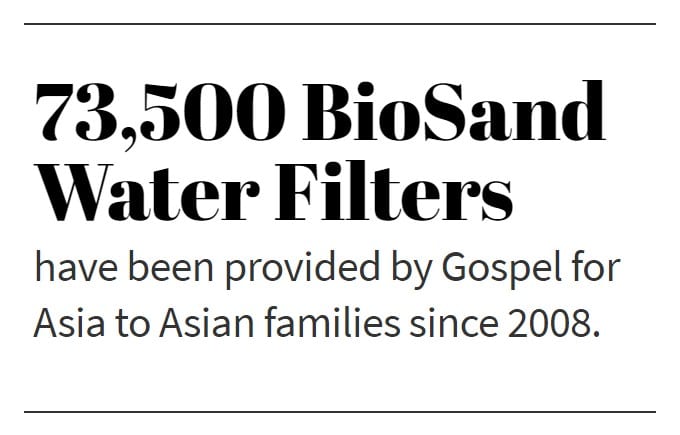 Nirmala’s story is typical and illustrates the impact these simple devices can make. She lives in a small Asian village where the only water source is a small polluted pond.
Nirmala’s story is typical and illustrates the impact these simple devices can make. She lives in a small Asian village where the only water source is a small polluted pond.
“Since we drank from the pond on a daily basis,” Nirmala says, “we were frequently contracting diseases and stomach problems. Our symptoms ranged from headaches to skin problems to internal pain. It was a very painful and discouraging way to live.”
Then, a Gospel for Asia (GFA)-supported worker visited Nirmala’s village and told her about the difference a BioSand water filter could make.
“A team soon came and installed a filter in my home,” she says. “My family and I were so happy to receive such an amazing gift.”
Now, health has returned to Nirmala’s family. And an entire village is being transformed.
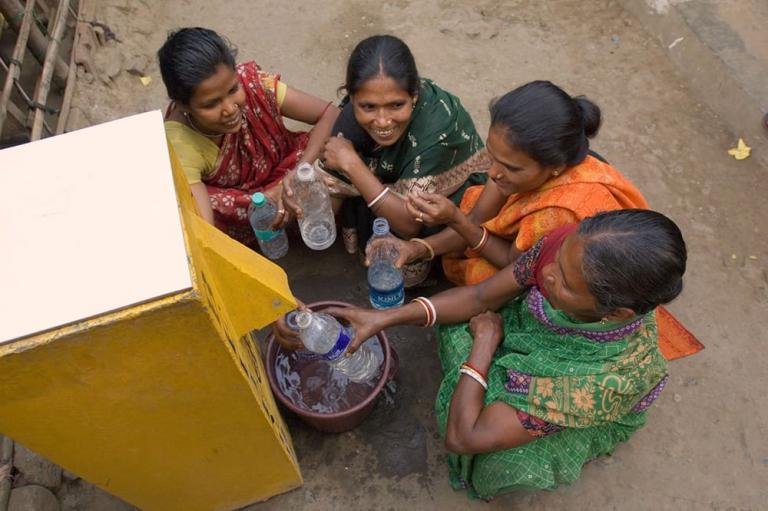
A Better Future is Possible
These accounts show what is possible when goodwill and knowledge combine. But they also remind us that the world water crisis is far from being solved.
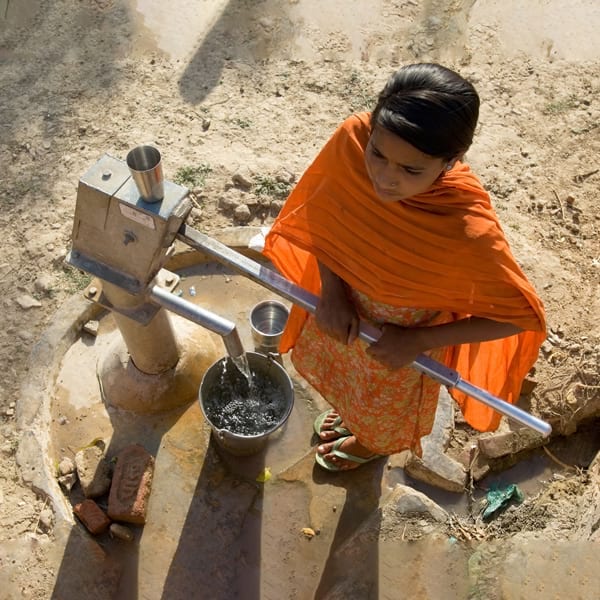
The United Nations has described concrete objectives for defeating the world’s water problems in its 2030 Agenda for Sustainable Development. Among other things, the participating member states committed to “end poverty in all its forms” and “shift the world on to a sustainable and resilient path.” But so far, the world is “off track” in achieving those objectives, according to the UN’s Synthesis Report 2018 on Water and Sanitation. The report states that, to be more effective, efforts must address issues of “weak funding, planning, capacity and governance of water and sanitation services as a top priority.”
But as the villagers depicted in this article demonstrate, the best solutions don’t always come from top-down efforts imposed from outside. Rather, they arise from cooperative efforts that involve local residents in the construction, maintenance and acceptance of their own sustainable solutions. Relief agencies that respect the dignity and freedom of the people they serve offer the best hope for success.
If you’d like to make a personal impact on the world water crisis, consider giving a needy family a simple BioSand water filter. For only $30, Gospel for Asia’s field partners can manufacture and distribute one of these effective filters to a water-compromised family in Asia and provide them with clean, safe water. Other NGOs that are making a difference in regard to the world water crisis include water.org, which makes microloans to families to install clean water solutions in their homes, and Charity: Water, which partners with organizations worldwide to provide safe water solutions to the 10 percent of the world’s population that lacks access to clean water.
Together, we can end the world’s water crisis.
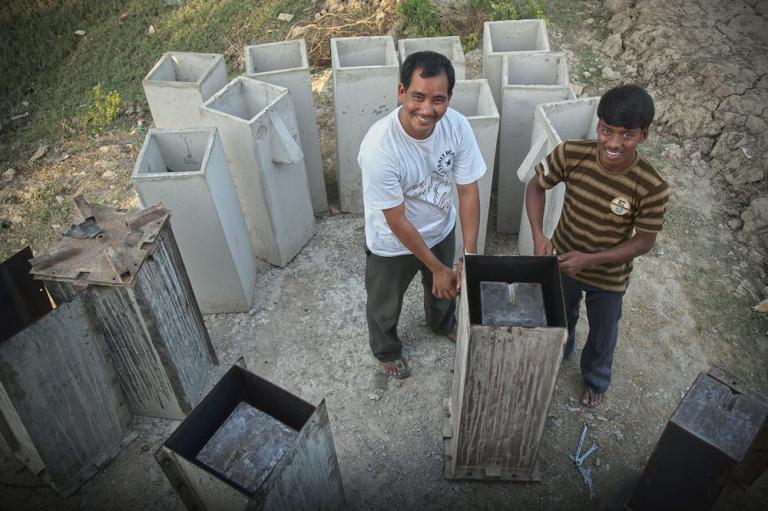
Learn more about how to provide water solutions like pure, clean water to families and entire villages through Jesus Wells and BioSand Water Filters.
Read the rest of Gospel for Asia’s Special Report on Solving the World Water Crisis … For Good: Lasting Solutions Can Defeat an Age-old Problem: Part 1
This Special Report originally appeared on gfa.org. We also have a growing list of Clean Water FAQs that address various clean water concerns around the globe.
Read another Special Report from Gospel for Asia on Dying of Thirst: The Global Water Crisis.
Read the Global Clean Water Crisis Report: Finding Solutions to Humanity’s Need for Pure, Safe Water.
Click here, to read more blogs on Patheos from Gospel for Asia.
Learn more about Gospel for Asia: Facebook | YouTube | Instagram | LinkedIn | SourceWatch | Integrity | Lawsuit Update | 5 Distinctives | 6 Remarkable Facts | 10 Milestones | Media Room | Poverty Alleviation | Endorsements | 40th Anniversary | Lawsuit Response |
Notable news about Gospel for Asia: FoxNews, ChristianPost, NYPost, MissionsBox


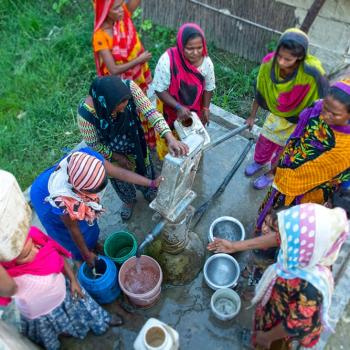
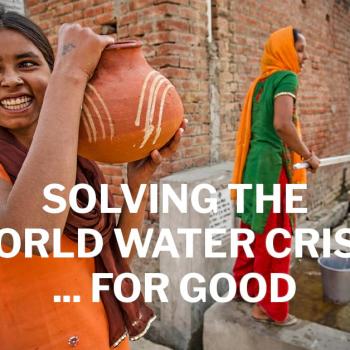
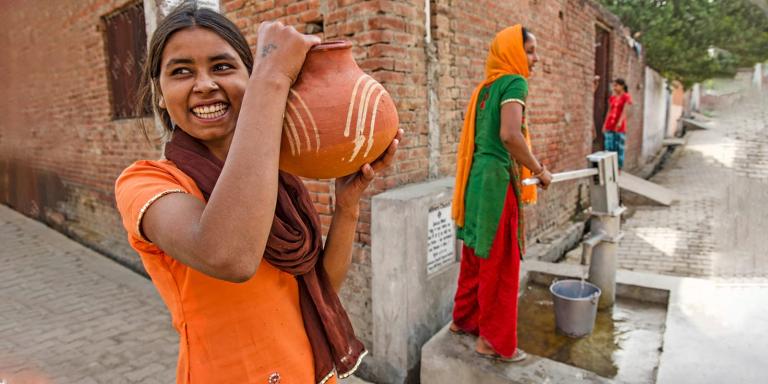
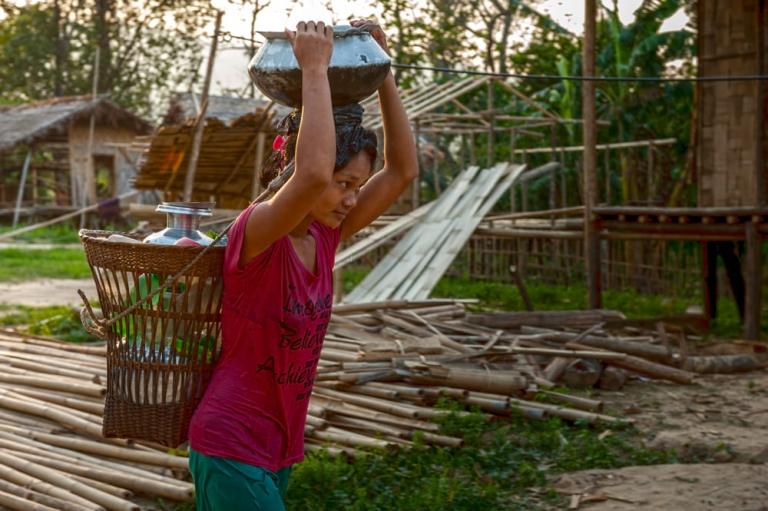
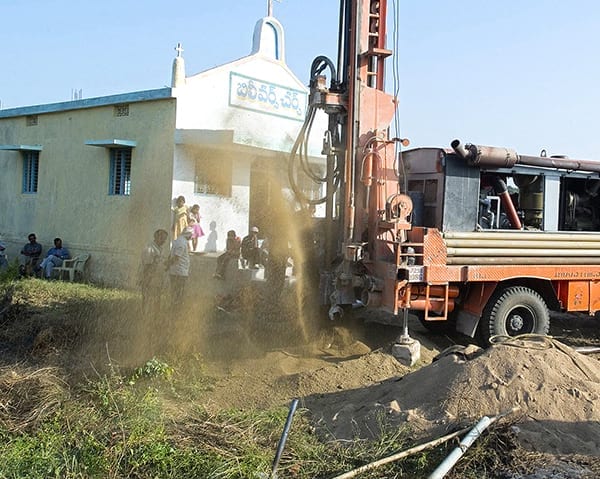
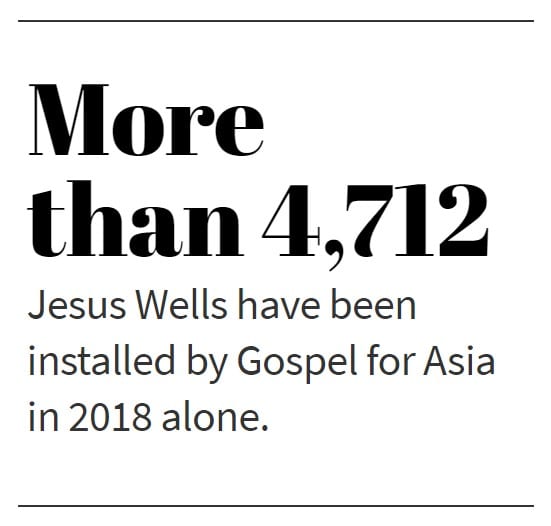 That marks a stark contrast to other wells in the area that provided foul-tasting water and eventually broke down. Now, Saamel observes, people from three nearby villages come to use the Jesus Well for its clean, reliable water.
That marks a stark contrast to other wells in the area that provided foul-tasting water and eventually broke down. Now, Saamel observes, people from three nearby villages come to use the Jesus Well for its clean, reliable water.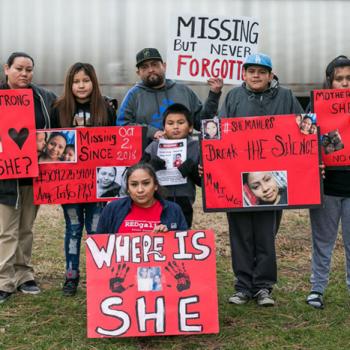
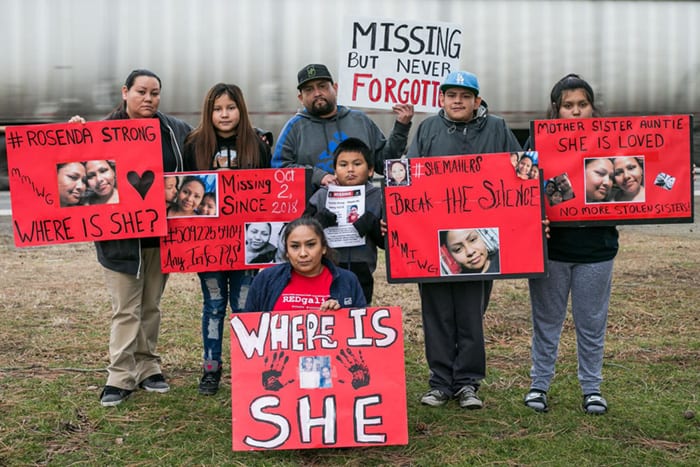
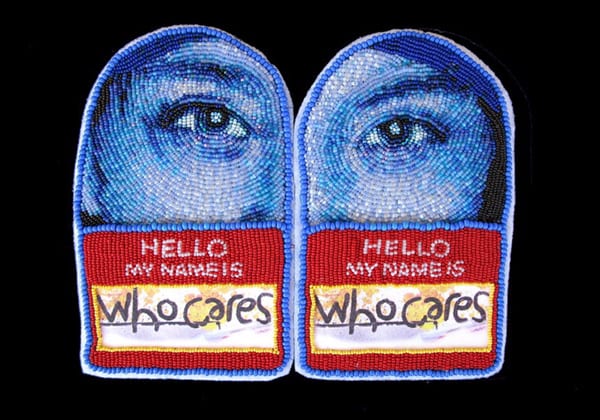
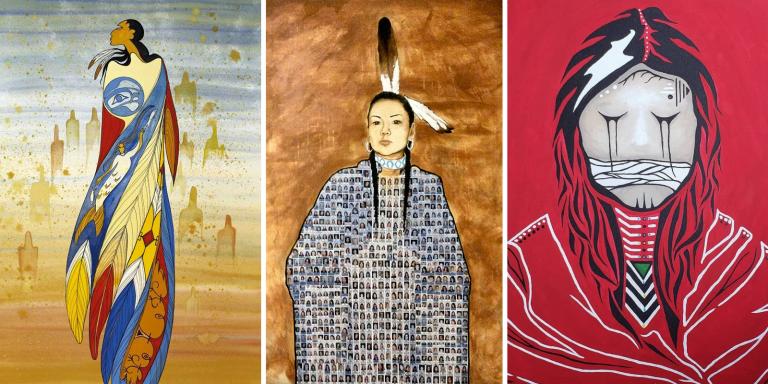
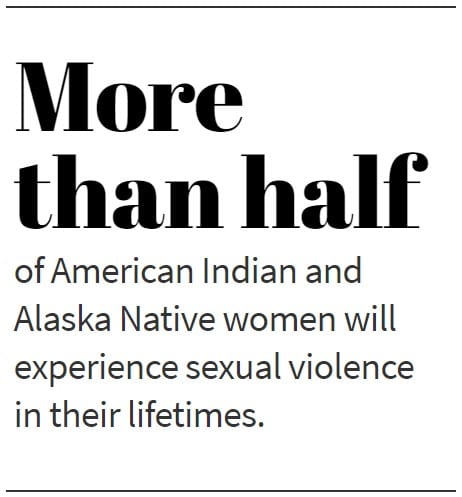 For instance, the first response among analysts as to the cause of high incidence of sexual violation, disappearance or outright murder of females was turned against the nearby males in these indigenous population groups.
For instance, the first response among analysts as to the cause of high incidence of sexual violation, disappearance or outright murder of females was turned against the nearby males in these indigenous population groups. 



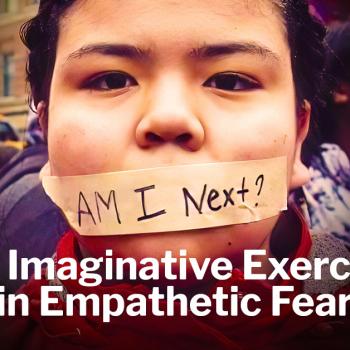
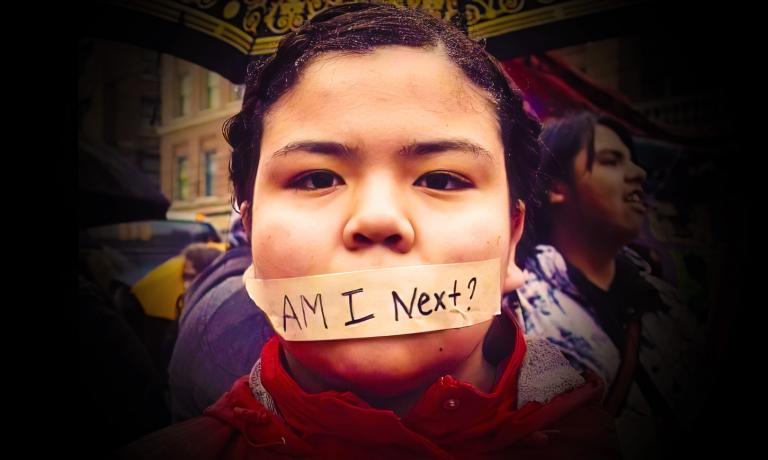
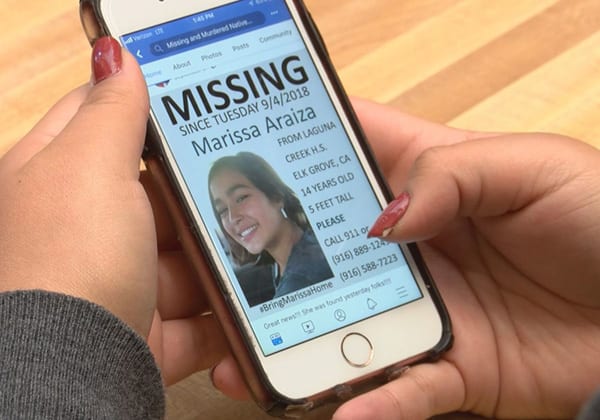
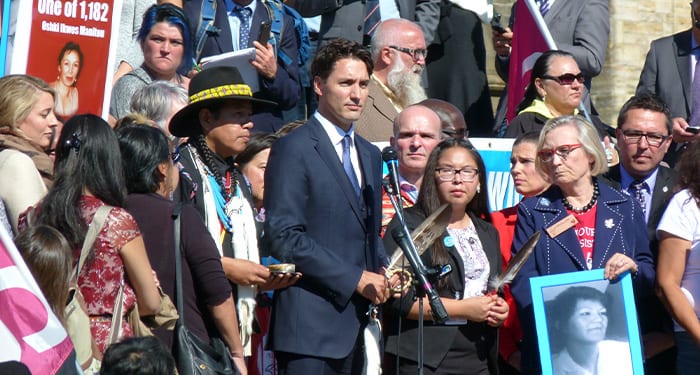
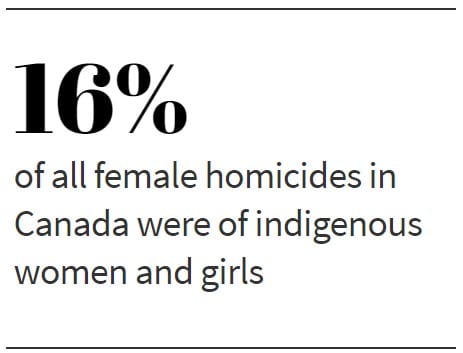

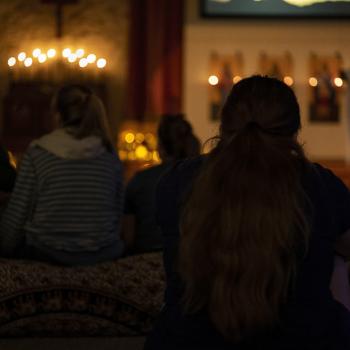

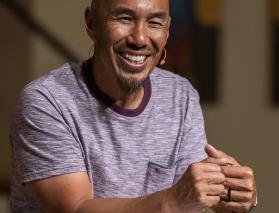
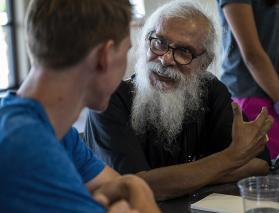

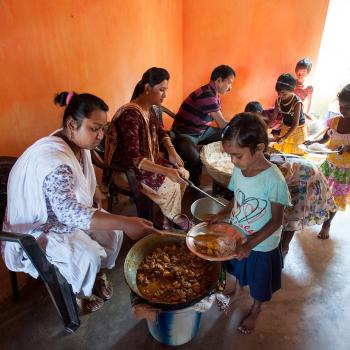
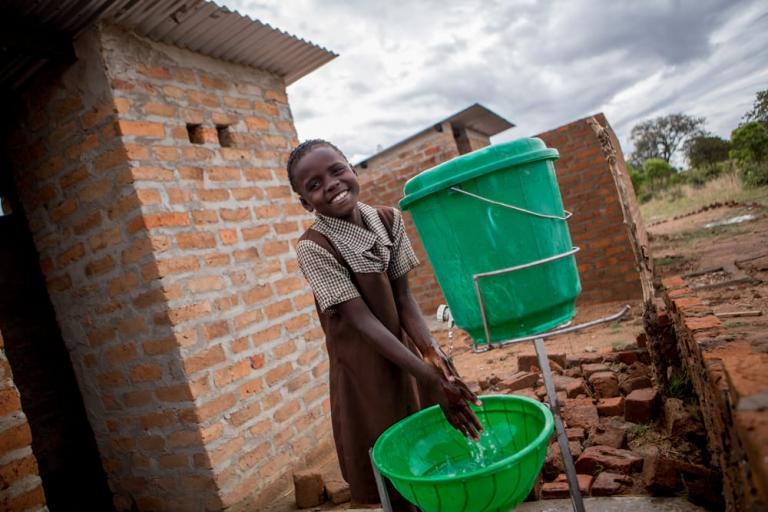

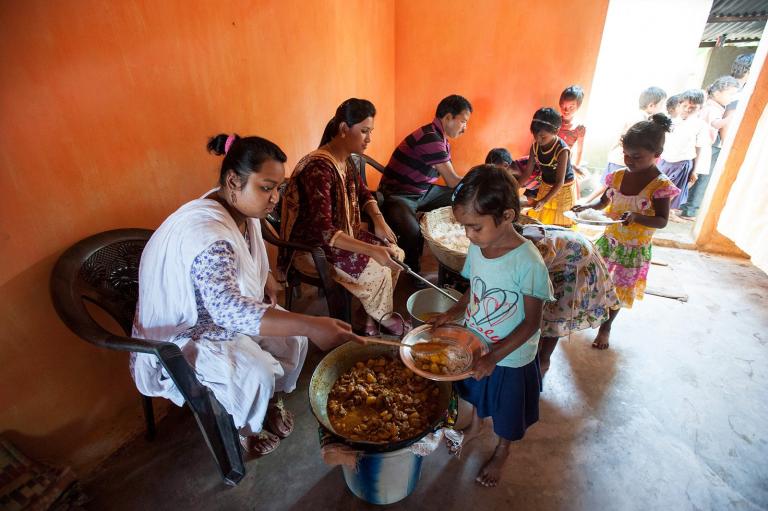
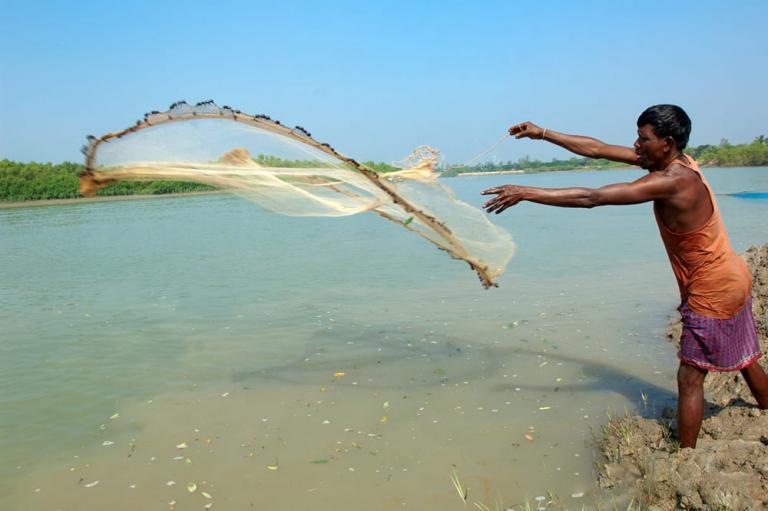
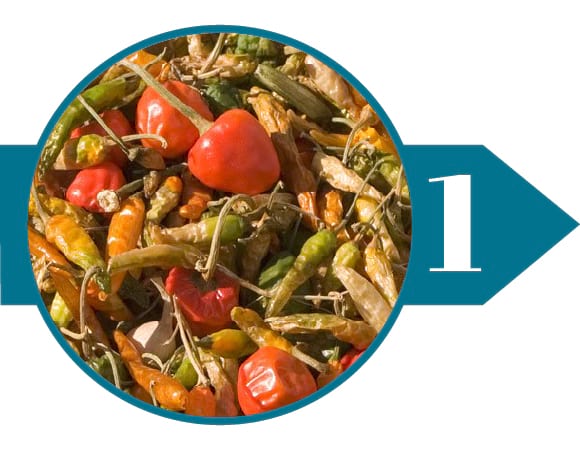
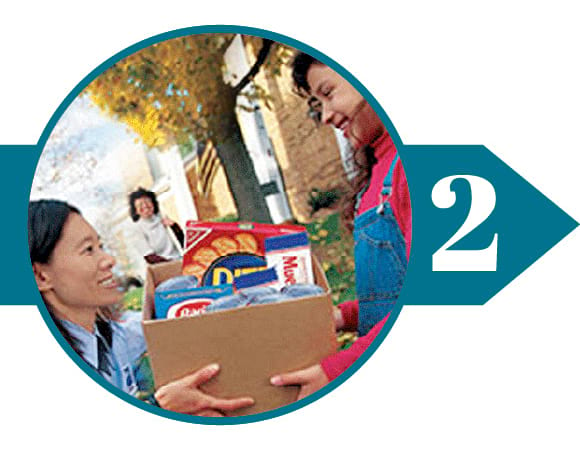
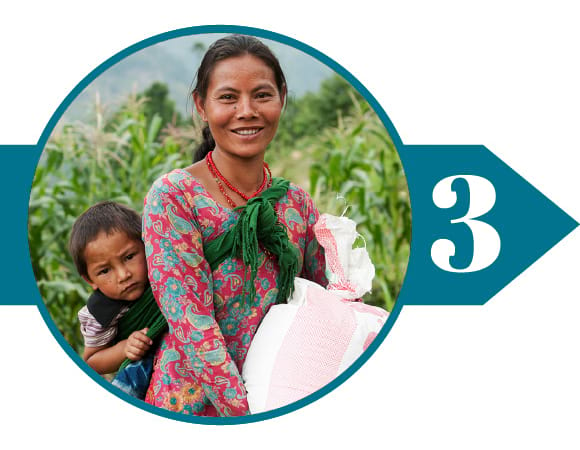
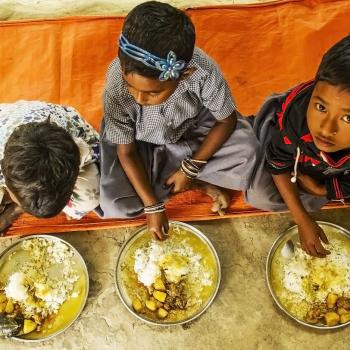
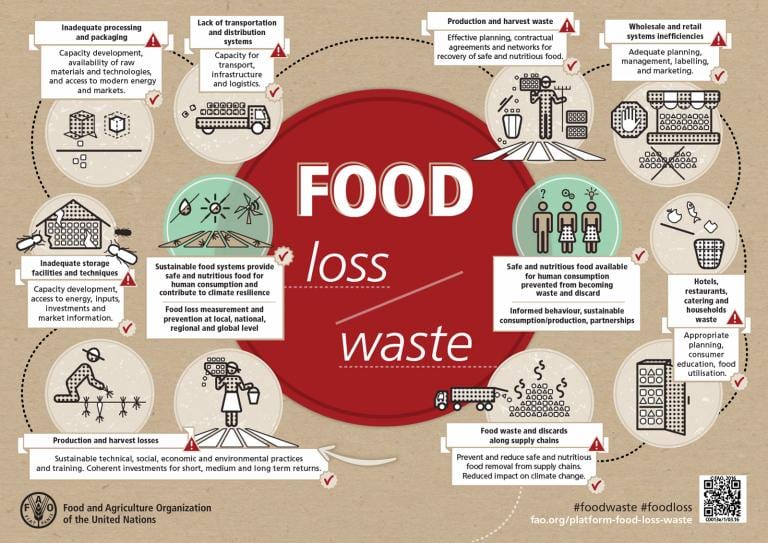
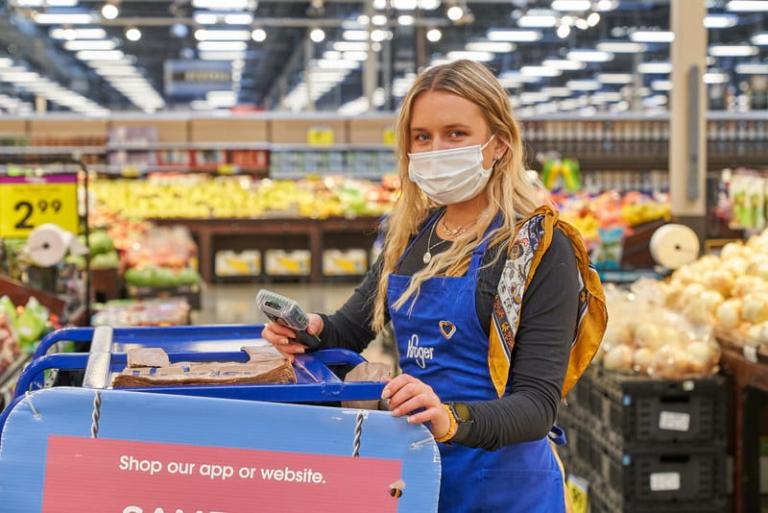
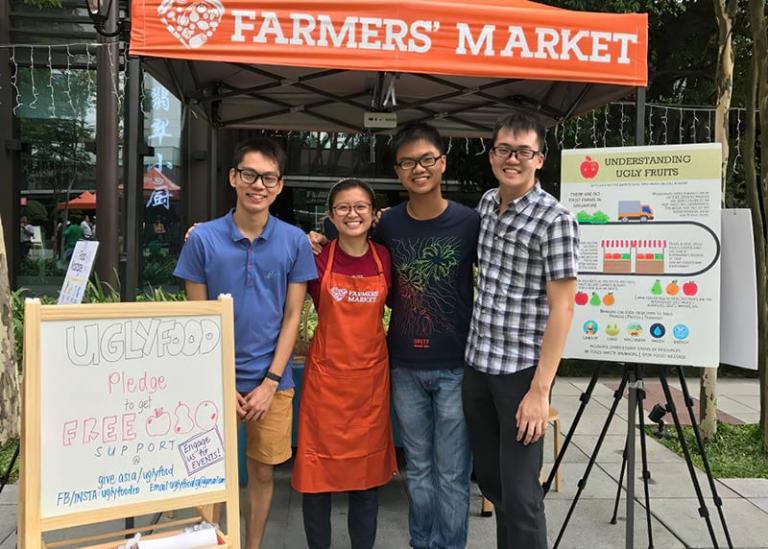
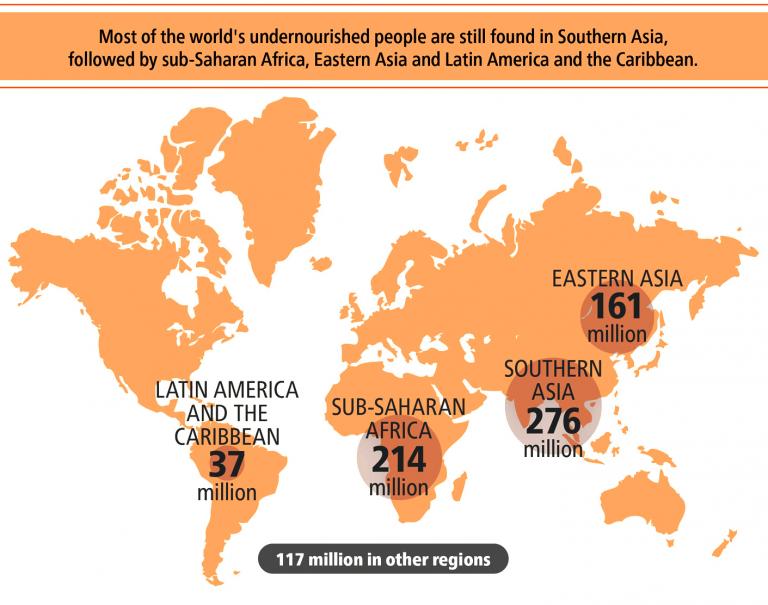
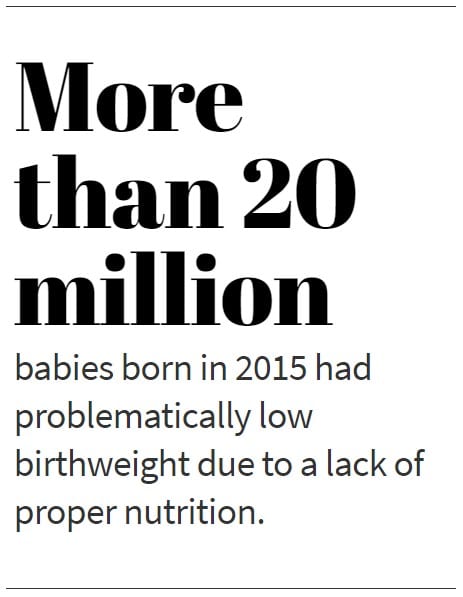 That is why, though it seems almost contradictory, there has been an
That is why, though it seems almost contradictory, there has been an 